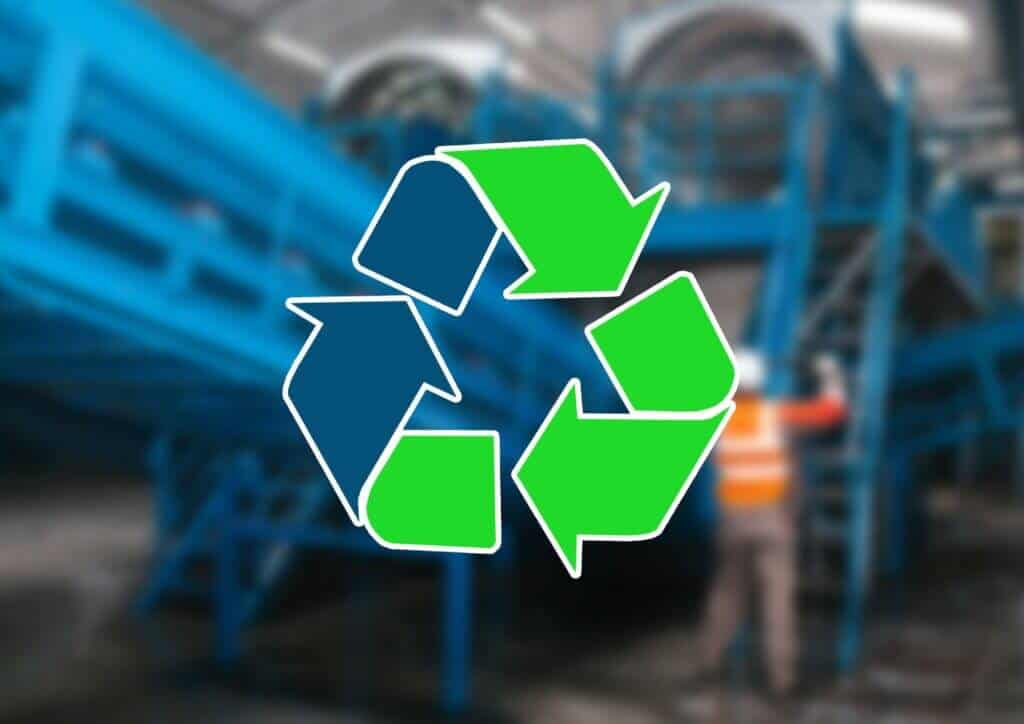Table of Contents
Introduction
A typical technique for examining a product’s entire cost of ownership, which includes the price of purchase, usage, maintenance, and disposal, is life cycle cost analysis (LCCA), also known as Life Cycle Costing (LCC). The total cost of ownership will be analyzed to find the most cost-effective choice. This approach may be used for product design and operation, buying choices, and sustainability assessments of goods and services.
This article’s objectives are to introduce LCCA and discuss its use in various scenarios. Introducing the article will define LCCA and outline its elements. The advantages of LCCA and its use often, such as product design and purchase choices, will next be covered. The overview of the key ideas and their consequences for business and policy will come at the end of the article.
Defined and Described
- Acquisition costs – These are the expenses related to buying the goods, such as the purchase price, installation fees, and any other fees involved with the setup.
- Utilization costs – These are the expenses related to utilizing the product, such as running costs, energy costs, and any expenses related to routine maintenance.
- Disposal costs – These are the expenses related to getting rid of the item, such as disposal fees and any extra charges for recycling or disposal.
- Residual value refers to the product’s expected worth after its useful life.
Advantages of LCCA
A more educated decision-making process is made possible by LCCA’s entire assessment of a product or service’s total cost of ownership. When making buying decisions, this analysis may determine the best cost-effective solution. It can also inform a product’s design and functionality.
The following succinctly illustrates the advantages of LCCA:
- Enhanced cost-effectiveness – By examining the total cost of ownership, LCCA may guide product design and operation and can assist in determining the most cost-effective alternative when making purchase decisions.
- Lessened environmental effect – By examining a product’s total cost of ownership, LCCA may assist in finding more environmentally friendly choices, minimizing the product’s environmental impact.
- Better decision-making – LCCA gives a thorough picture of the total cost of ownership, enabling more informed choices.
LCCA applications
A range of situations, including product design, buying choices, and operational management, can benefit from applying LCCA.
Making Purchases
When making purchase decisions, LCCA may evaluate the total cost of ownership of a good or service. This can aid in finding the best economic choice and enable better-informed decision-making.
Operational Administration
A product or service’s lifetime total cost of ownership can be examined using the LCCA method. This may make operational choices and find cost-saving options.
Conclusion
An overview of Life Cycle Cost Analysis (LCCA) and its use in diverse scenarios have been covered in this post. The elements of LCCA and the advantages of applying it—including enhanced cost-effectiveness and improved decision-making—have been covered in the article. Using LCCA in product design, buying, and operational management has also been covered in the article. The article concluded by summarizing the key ideas and their consequences for business and government.
Training for Cycle Cost Analysis (LCCA)
If you enjoyed this post, join our free newsletter for more valuable content! Subscribe now for informative articles, service updates, downloadable guides, and more. Click here!




